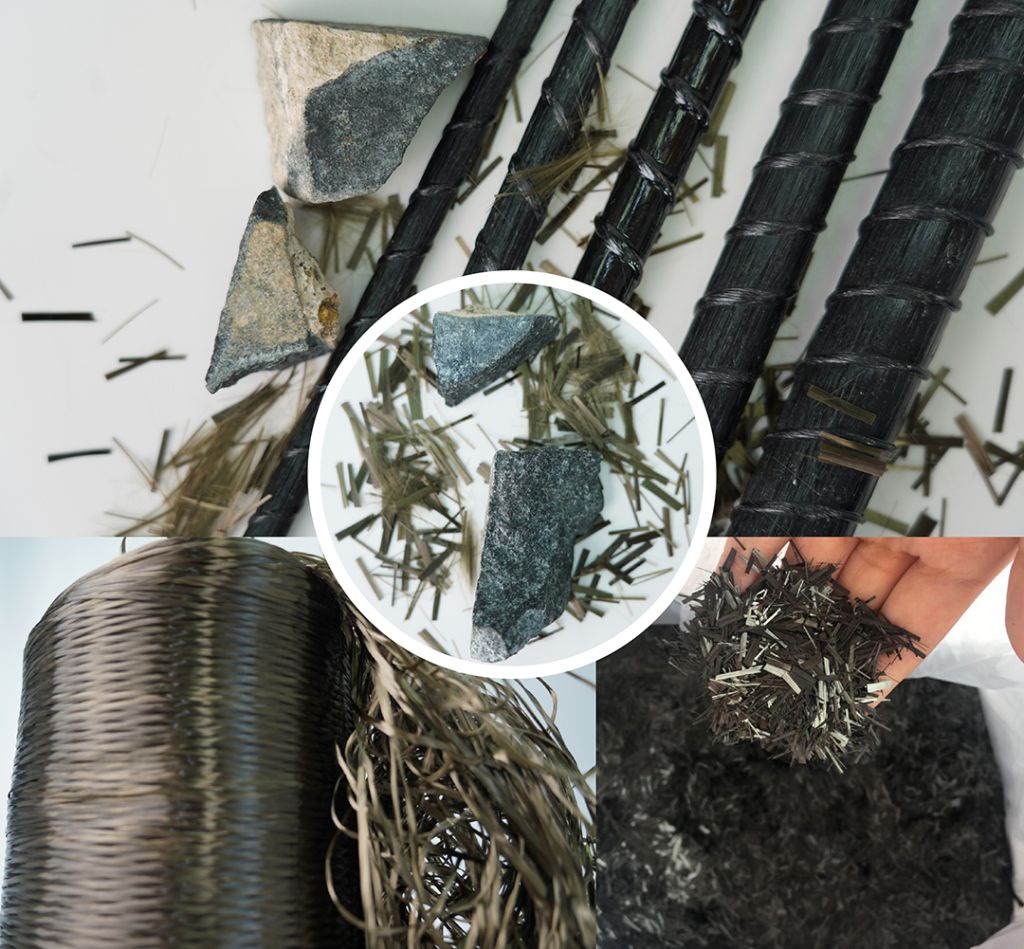
In the dynamic field of building and construction, where steel prices are subject to frequent fluctuations, the quest for sustainable and cost-effective alternatives is increasingly vital. Arab Basalt Fiber Company steps in with its basalt fiber reinforcement bars (BFRP) as a groundbreaking solution, encapsulating both efficiency and sustainability. BFRP emerges not merely as a counter to soaring steel rebar prices but also as a transformative choice in modern construction, offering a multitude of significant benefits.
Challenges of steel Rebar Pricing in Construction
Steel rebar prices are a major hurdle in the construction industry. This challenge stems from various factors, such as global market volatility impacting raw material costs, surging demand for steel rebar amidst limited natural resources, and resultant price increases. These factors collectively escalate the overall cost of construction projects, making alternatives like BFRP increasingly essential for balancing efficiency and expenditure.
BFRP’s Superiority as a Steel Rebar Alternative
BFRP stands as a superior substitute to traditional steel rebar, courtesy of its enhanced properties and robustness. It boasts high tensile strength, ideal for structural applications requiring lasting durability. Furthermore, its exceptional corrosion resistance and extended lifespan significantly reduce maintenance needs. These attributes position BFRP as a cost-effective solution, offering long-term sustainability and performance, especially in the face of steel rebar’s escalating costs.

Economic Viability of BFRP Against Rising Steel Rebar Prices
Incorporating BFRP in infrastructure not only fosters sustainability but also offers substantial economic advantages. Despite basalt fibers’ initial higher cost compared to conventional materials, their long-term economic benefits are considerable. Key aspects underlining BFRP economic feasibility in construction and engineering projects include:
- Reduced Maintenance Costs: BFRP lead to lower maintenance expenses due to their corrosion resistance, durability, and minimal upkeep requirements. This results in significant long-term savings.
- Extended Project Lifespan: BFRP withstands environmental elements like humidity, chemicals, and UV rays, prolonging infrastructure longevity and reducing recurrent reconstruction and repair costs.
- Lighter Weight: The reduced weight of BFRP lowers transportation and construction costs and decreases the structural load, leading to more economical construction.
- Enhanced Energy Efficiency: BFRP excellent thermal insulation properties improve buildings’ energy efficiency, curtailing energy consumption and costs in heating and cooling.
- Resource Availability: Basalt’s global abundance stabilizes its price, lessens reliance on imported materials, bolsters local economies, and promotes self-sufficiency in infrastructure development.
BFRP’s Future in the Fluctuating Steel Rebar Market
Amidst ongoing steel rebar price volatility, BFRP is poised for increased demand in construction. Its multiple advantages position it as a sustainable solution capable of meeting modern market needs and challenges. BFRP offers the necessary strength and durability for structural projects while ensuring lower long-term operational costs. Additionally, the growing trend towards sustainable construction is likely to boost BFRP demand, making it a preferred choice for numerous construction projects, with an emphasis on quality, efficiency, and sustainability.


Arab Basalt Fiber Company:
Arab Basalt Fiber Company excels in developing and producing basalt fiber reinforcement bars (BFRP), an innovative material blending strength, lightness, and sustainability. The company is dedicated to delivering advanced building solutions that align with the increasing demand for sustainable and robust building materials, especially amidst environmental challenges and rebar price fluctuations. Committed to excellence and innovation, the company plays a crucial role in evolving the construction industry and promoting sustainable building practices globally.